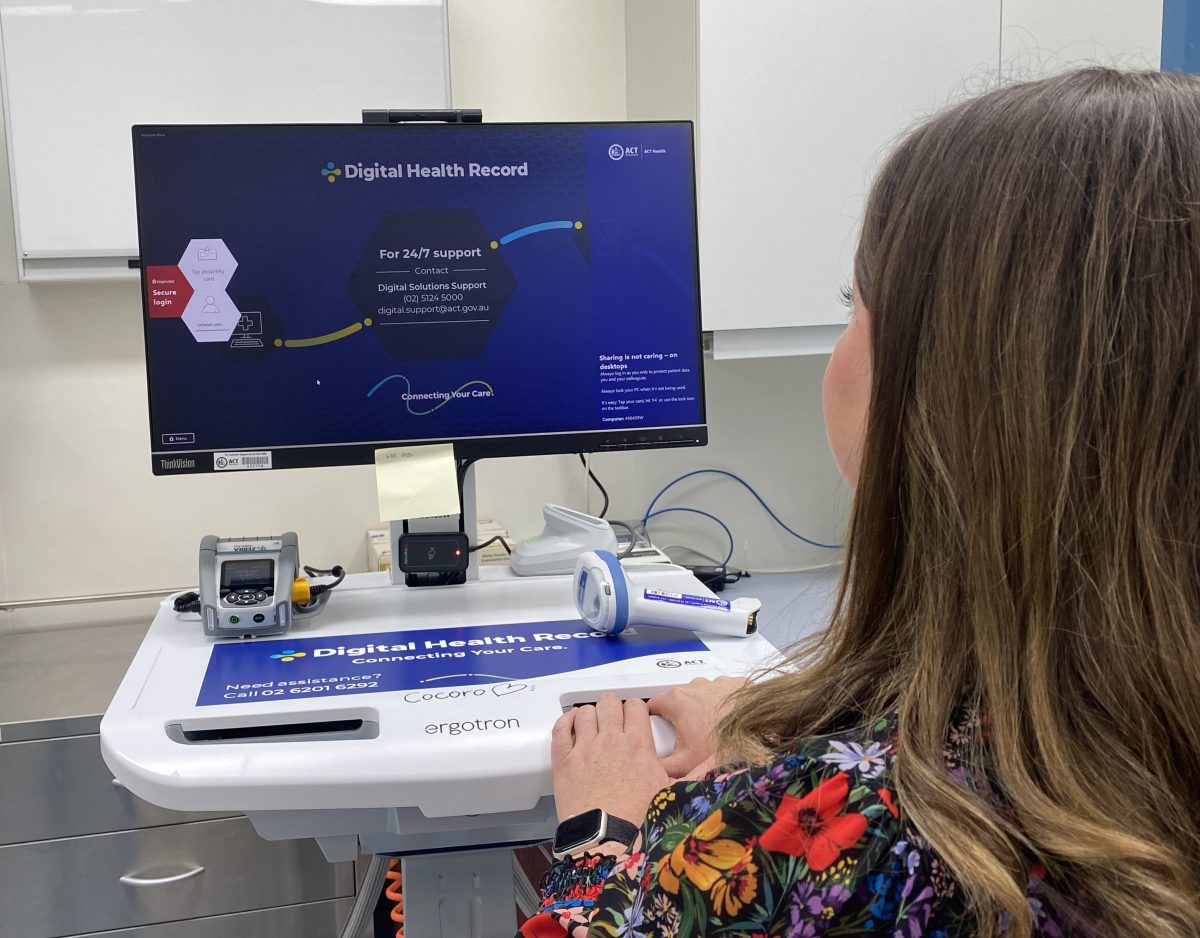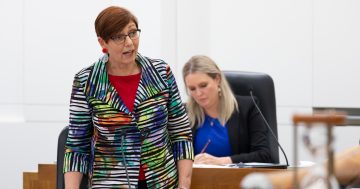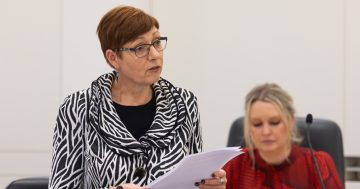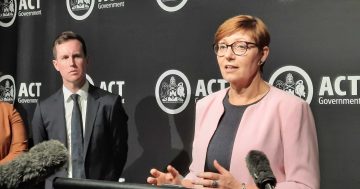
The Digital Health Record has been a major advance for public health but project invoicing has brought ACT Health undone. Photo: Claire Fenwicke.
Call it an unintended consequence, but a referral to the ACT Integrity Commission is starting to seem like calling down the Cone of Silence.
Governments everywhere have used the time-worn tactic of sending off an embarrassing issue to a committee or inquiry to win some breathing space, but the ACT’s underfunded and understaffed anti-corruption commission is where scandals go to hibernate until there are public hearings, and years later, some sort of finding.
The Commission’s deliberations on the CIT contracts scandal continue after its initial finding that the former CEO engaged in corrupt behaviour. Will many care about the final report when it eventually is handed to the Legislative Assembly Speaker?
Now, the Commission is looking at the ACT Health directorate’s handling of the Digital Health Record project and invoices from IT provider NTT worth $66 million.
Keeping the Opposition and media at bay would not have been on the mind of Interim Director-General Dave Peffer when he made the referral, so we can assume that he did not like what he saw in the audit.
Mr Peffer also did not have much choice in the matter.
“If a person forms a reasonable suspicion that an ACT public official, former public official or public sector entity has engaged in wrongdoing, then the matter should be reported to the Commission, even if it has already been reported to another entity. Senior ACT officials must report those matters to the Commission,” the AIC website says.
But already Health Minister Rachel Stephen-Smith is hedging on what she can say and what information can be released, as the Opposition and media press for answers about what went wrong and if it can happen again.
She intends to make a statement to the next sitting of the Assembly.

In the gun: Health Minister Rachel Stephen-Smith will face intense scrutiny over the Digital Health Record audit. Photo: Michelle Kroll.
Taxpayers would forgiven for thinking that they are being scammed when it comes to the the ACT Public Service’s digitisation projects, complex though they are.
They seem to involve lots of zeros, and lots of money can disappear into the ether. Like many of us who get befuddled with technology, the public servants appear to be out of their depth.
The government’s aborted HR project poured $76 million down the drain, and now an audit (price tag $30,000) has found that “ACTHD staff do not have the time, skills and systems to adequately acquit the products and services specified in NTT invoices before those invoices have been paid”.
They didn’t even check whether ACT Health got the correct services they paid for.
No risk management plan, governance or oversight, or check on whether NTT’s pricing was competitive.
There is no suggestion that NTT did anything wrong.
The affair calls into question again the ACT Public Service’s capacity for large project management, and with the Integrity Commission referral, it is now under the shadow of corruption, not just incompetence.
Unlike CIT, ACT Health is well within the umbrella of government and this has happened on Ms Stephen-Smith’s watch.
She has already thrown her bureaucrats under the bus by saying how disappointed she is that the directorate did not explicitly brief her on the NTT invoices audit and the lead-up to it.
Tertiary Education Minister Chris Steel was able to say he was blindsided by Ms Cover, who was running an independent authority, but it won’t be so easy for Ms Stephen-Smith.
As the ACT approaches an election, this is a gift for the Opposition and something the government can ill afford.
However, the public may not learn much more as information dries up in the face of a glacial Integrity Commission investigation.




















